Onchain Weekly #3: Exchange vs Wallet Let us help you
To learn more about the types of wallets, read our guide to wallets, to help you get started on your crypto journey. In absence of an exchange, if you wanted to buy a crypto coin, you would have to find another person willing to sell that coin. Then both would have to agree at an exchange rate, then send the crypto to your wallet, which is obviously a little more complicated. For enhanced security and ownership, it is recommended to keep your Bitcoin in a wallet, preferably a cold wallet, rather than on an exchange. Because accessibility, transparency, and control are in our DNA — and we believe it’s the best experience for you. A friend recommends a new token, but it’s not on Ethereum or Solana and it’s just too much effort to download a new wallet, or even bridge tokens to a new network for a swap.
Because your private keys are held by the exchange, there is constant risk of loss or theft. One of the most important distinctions between exchanges and wallets relate to asset ownership and control. Just have a look at conventional money to get a better understanding of this concept. You can decide when, if, and how much to spend when you have cash in your actual wallet.
MetaMask Crypto Wallet
They maintain high liquidity, allowing large volumes of trades to be executed quickly. For instance, in 2018, one of the top 20 exchanges in the world, Coincheck, lost around $534 million worth of virtual assets, which is also one of the biggest crypto hacks ever. The longer answer – whichever option you decide to go with, they all have their pros and cons; see some of the risks below. Exchanges like Coinbase, which we think is the best choice if you’re looking to buy Bitcoin, provide you with a Bitcoin wallet hosted by that website.
If you’re using an exchange wallet, for example, you’ll pick a platform that you trust and then create an account. Generally, personal information and a two-step verification process is required. Cryptocurrency exists as nothing more than a string of code on a larger blockchain.
What factors should I consider when choosing a crypto wallet or exchange?
Additionally, hardware wallets often allow users to have multiple layers of security such as passwords or PIN numbers. There are many advantages of using both crypto wallets and exchanges, depending on your individual needs. They offer a great deal of flexibility and convenience, allowing users to store and trade their digital currency. A cryptocurrency exchange is a platform that facilitates the buying, selling, and trading of various digital currencies. It acts as an intermediary, connecting buyers and sellers, and often provides additional services like market analysis, trading pairs, and sometimes custodial wallet services. Cryptocurrency exchanges provide an easy on-ramp to buy and trade digital assets, while crypto wallets give you full control and ownership over your coins and tokens.
You should consider whether you understand how CFDs work and whether you can afford to take the high risk of losing your money. To better understand this mechanism you only need to look at traditional money. When you’ve got cash in your physical wallet you control when, if, and how much to spend. However, if you deposit the cash in a savings account you lose some of that control, as the bank may set certain limits on your spending habits. On the other hand, when your digital funds are kept in an exchange account, sometimes referred to as an exchange wallet, you hand out part of that overall control over to the platform. Once the transaction is complete, you’ll see your transferred crypto in the “My Key” section of the BitPay app.
Next PostHow to Earn Free Crypto in 2022: Get free Bitcoin for signing up
There are a number of hoops you have to jump through to open the wallet and transfer your crypto to it, and once it’s there, you generally can’t just spend or trade it in minutes. Some wallets, like mobile wallets, make spending and trading your crypto easier and faster than others. However, convenience is usually inversely related to security, and mobile wallets are one of the less secure methods for storing your crypto. While crypto exchanges will keep your crypto in their own wallets, you can also open your own crypto wallet if you prefer to hold those keys yourself. After all, that’s the only way to have full control over how securely your crypto is stored. This is because they minimize the risk of online attacks by giving you control over the private key.
Deciding where to store crypto assets is critical for any investor, as well as balancing accessibility and security. So, it’s essential to grasp how crypto wallets and exchanges differ in the crypto world. Wallets safeguard your digital assets, while exchanges facilitate trading.
Step 3: Initiate the transfer from your custodial account
Now that we have looked at each type of crypto wallet, it’s time to delve into the differences and similarities between them and cryptocurrency exchanges. You can do this by visiting a crypto exchange and sending your fiat currency (e.g. USD) to the exchange in order to buy BTC at the current rate. The exchange will then take your funds and generate a digital wallet for you, where your purchased cryptocurrency will be stored. If Bitcoin was being widely used for payments, a Bitcoin wallet is the program you’d use to send and receive Bitcoin for day-to-day transactions, too. There are some websites that accept cryptocurrency payments, however, Bitcoin is largely being used for speculative investing at the moment.
- Every year, billions of dollars worth of crypto assets are lost or stolen from exchanges.
- In this article, we’ll explore the key features of crypto wallets and exchanges, helping you make an informed decision on where to store, hold, and trade your cryptocurrency.
- One of the key roles of the exchange in this process is acting as a custodian.
- As we’ve explained before there are two main types of crypto wallets — hot and cold — that refer to how each of these wallets works.
- Wallets can offer constant access but may require technical steps for transactions.
This allows easy entrance into the crypto ecosystem while still prioritizing security as you grow your knowledge and investment. This covers some of the most widely used cryptocurrency exchanges available today. Other options like Crypto.com, KuCoin and Bitfinex also have their own pros and cons for specific users. If you want access to a wide range of cryptocurrencies and trading pairs, an exchange may be more suitable. If you only hold a few cryptocurrencies and don’t plan to trade frequently, a crypto wallet may be sufficient. As we’ve explained before there are two main types of crypto wallets — hot and cold — that refer to how each of these wallets works.
Where to keep your crypto: crypto exchange vs wallet
That said, the old adage of “not your keys, not your coins” holds true. To keep your funds safe, it’s best to move your cryptocurrencies off the exchange and into a secure wallet unless you are actively trading. When a user decides to trade, they transfer their crypto assets into their exchange Prime Cloud Safety Companies wallet. These assets are managed by the exchange, which acts as a custodian, maintaining balances, facilitating transactions, and allowing users to buy, sell, or trade crypto assets. Crypto lives on the blockchain technology it uses, and you access it using private and public keys.
If you forget your account’s password, you can go through an account recovery process. Understanding the distinction between a cryptocurrency exchange and a wallet is crucial in navigating the crypto ecosystem. While they both play integral roles, their functions and purposes are very different. Paper wallets make sense for a small portion of funds you plan to hold for years.
Understanding Cryptocurrency Wallets
Wallets offer different levels of privacy, depending on the type you use. Most of them are pseudonymous, meaning that you do not need to provide any personal information in order to use them. The way exchanges work is similar to that of a traditional stock exchange. Buyers and sellers put their orders in the order book, which is then matched by the exchange based on price and other conditions.
Latest articles in Crypto
Or maybe you’re just looking for a crypto wallet that supports only a few big cryptos with myriad features. Conversely, some crypto wallets are solely dedicated to the big “B.” Electrum only supports bitcoin. If that’s going to be the only crypto you keep in your portfolio, it’s a reasonable choice. It has never experienced a hack; plus it’s integrated with Ledger and Trezor. Cold wallets are physical gadgets, and some even look like USB sticks. Whatever their form factor, a cold wallet provides a place to store your crypto ownership keys that is not connected to the internet.

